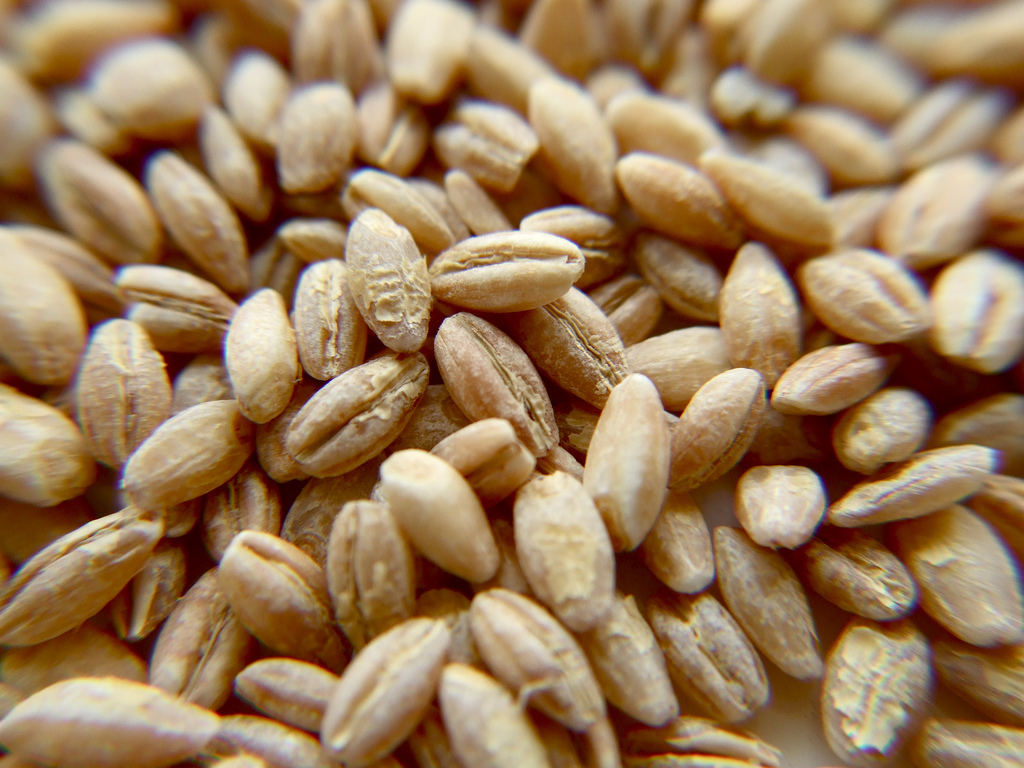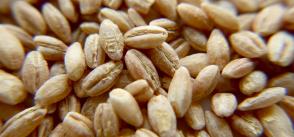
Land of food in Tunisia: between cous cous and fast food
"In Tunisia every time you eat a plate of cous cous, only a quarter of it is produced locally, three-quarters are imported. This means looking at our food dependency in our plate, knowing, however, that Tunisia is a country capable of feeding its population." Habib Ayeb, researcher and film director, says when interviewed by COSPE for "Land of food." An analysis that compares the contradictions between a country with strong agricultural traditions and great resources and a new economic model that has great impact on food production and on society in general.
Taking a brief look back, we see that the Tunisian agricultural sector has a unique history, that began long ago: the Romans have made Tunisia the granary of their empire and the Arabs have introduced new products and agricultural technologies giving rise to the most advanced agronomic sciences in the region. Over the centuries, the introduction of rice, vegetables, spices and citrus fruits has enriched and diversified the Tunisian diet, which has however remained faithful to the traditions of the Near East, with a strong consumption of cereals, wheat, barley consumed as bread or soup and a major production of honey and oil.
[Full Italian article here | photo by swxxii]







